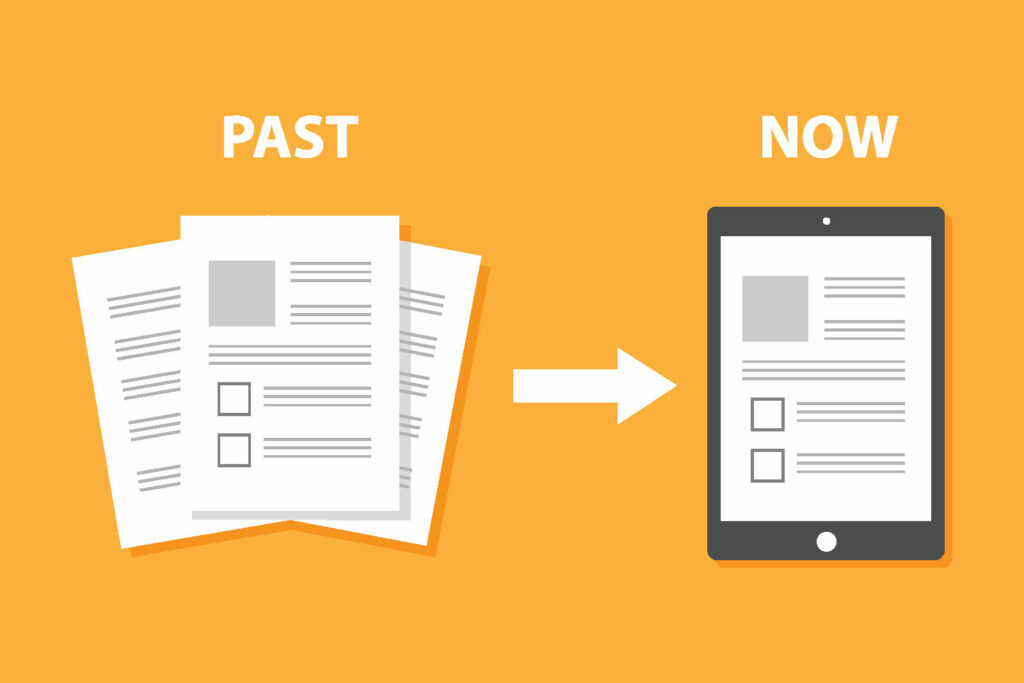Digital bookkeeping is possible without the use of digital signatures

The motion submitted by MP Daniela Schneeberger (BS) calls for simplification of digital accounting. Documents should be allowed to be stored on alterable data carriers without a digital signature or similar procedure, provided that proof of origin and immutability can be provided via the principles of proper accounting under Art. 957 ff. CO. A digital signature of documents or the use of similar procedures should be voluntary.
The Motion intends to achieve uniform practice. In particular, it is being criticised that the authorities currently have different practices. For example, the FTA does not require a digital signature.
Although the Federal Council had requested that the motion be rejected, it was accepted by the National Council on 2 March 2022.
The Federal Council considers the requirements to be fulfilled already today, since the Business Records Ordinance (GeBüV) does not mandatorily require the use of an electronic signature. In our view, an amendment to the GeBüV is neither necessary nor expedient. It is therefore worth taking a brief look at the current regulation.
The law stipulates that the books of account and the accounting documents as well as the annual report and the audit report must be kept for ten years. The books of account and the accounting documents can be kept on paper, electronically or in a comparable manner, provided that the consistency with the underlying business transactions and facts is guaranteed and that they can be made readable again at any time. Electronic storage is therefore possible from an accounting perspective. Art. 122 of the VAT Ordinance also refers to the corresponding articles of the Swiss Code of Obligations.
Hence, the FTA practice is already based on the same legal basis as the GeBüV. In other words, the GeBüV represents the implementing provisions for Art. 957 – 958f CO.
Yet, a distinction must be made between filing and archiving. Filing serves as a short and medium-term storage and management of information and documents. The goal is quick and easy access to the information. It makes sense that documents in the filing system can be changed. This is why filing is also considered a dynamic part of a document management system (DMS) and a preliminary stage to archiving. Nevertheless, changes to a document must also be traceable in a DMS in order to enable subsequent archiving.
The electronic archive as final storage is the static part of the DMS. Electronic archiving serves the long-term, structured, static and unchangeable storage of electronic information (e.g. scanned documents, digital documents, host data, print files and other objects worthy of archiving).
The exact requirements are defined in the GeBüV. The authenticity and integrity of electronically stored data must remain verifiable until the statute of limitations expires. Unchangeable information carriers such as paper, image carriers and unchangeable data carriers (e.g. WORM and unchangeable CD or DVD) are permissible for storage.
The use of changeable information carriers (e.g. USB sticks, hard disks) is also permissible under the following conditions according to Art. 9 para. 1 GeBüV:
- Ensuring integrity by means of technical procedures (e.g. digital signature).
- Unalterable proof of the time of information storage (e.g. by time stamp or by logfiles)
- Compliance with the regulations on the use of technical procedures
- Definition and documentation of the processes and procedures for their use as well as retention of the auxiliary information (protocols, log files, etc.)
The digital signature is only mentioned as an example and possible solution. Thus, the GeBüV allows other possibilities, provided that the integrity is ensured. The law is already written in a technology-neutral way. For example, an accounting software could also ensure this via technical measures and log files.
In practice, there is uncertainty, especially regarding the technical requirements, and there are obviously different opinions among authorities and software providers. Today, already, accounting software can fulfil the requirements of the GeBüV without the use of electronic signatures. However, this requires that the integrity can be proven by other means, and this requires corresponding documentation. Many providers will probably not want to take such a risk and therefore continue to recommend paper archiving. It is also easier for public authorities to refer to the electronic signature, so that they do not have to deal with an integrity check individually.
In summary, it can be said that the motion adopted by the National Council is intended to solve a problem that does not exist. We would hope the Council of States recognizes this and does not follow the motion.

